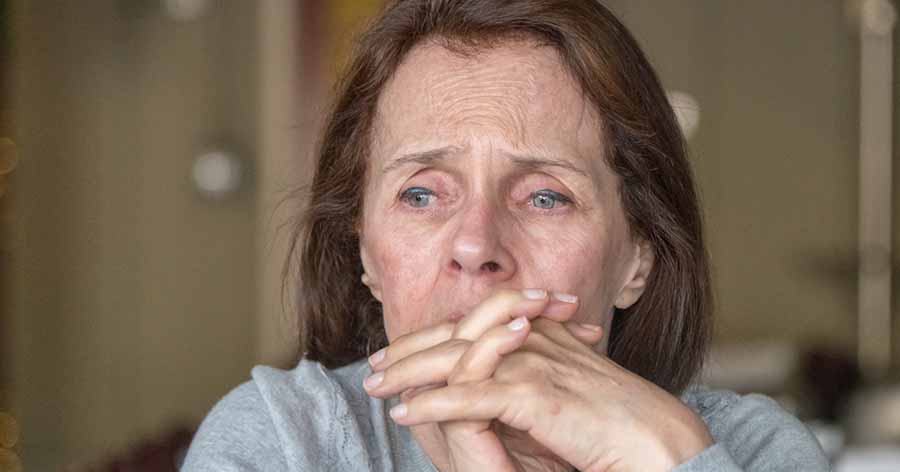During 2004, at least in England, hardly a month seems to have gone by without another report or audit. It is difficult to keep up to date with so many, and often they do not seem to have any immediate effect on our work, but tend to catch up with us sometime later. It is a similar situation in Wales, Northern Ireland and Scotland.
Agenda for Change (Department of Health [DoH], 2004a) seems to have been talked about for a long time with little action taken but suddenly we all had to have our job descriptions checked and ready last year. We now wait to see what level we are placed on. For those of us who were around during the grading exercise, there is a slight feeling of déjà vu. We are promised that this will run more smoothly though, with fewer disappointments. Time will tell.
The Nursing and Midwifery Council (NMC), as well as the previous chief nurse for England, have made recommendations for the post-registration of specialist nurses, linking competencies and a masters level academic requirement for continuing specialist registration. The NMC document (2004) is still open for consultation and is available on their website (http://www.nmc-uk.org) and has huge implications for DSNs. The Royal College of Nursing has published a document with competencies for paediatric nurses, using paediatric diabetes nurses as an example of specialist nurses (RCN, 2004).
The promised National Service Framework (NSF) for children (DoH, 2004b) has finally been published and is measured in weight (2.7kg) rather than pages! It consists of several bulky documents that take days to read in their entirety. As there is so much contained in it, to just read the summary means you can miss the parts that will apply to your work. At this stage it may feel like it is not having any impact on you, but give it time. It will have a large impact and hopefully for the better as it raises the profile of children’s services.
In the summer, the National Institute for Clinical Excellence (NICE) published the clinical guideline for the diagnosis and management of type 1 diabetes (NICE, 2004).
It was quite unique in that children and young people were recognised as being different to adults, and had a separate section. It will become harder for clinicians to justify not following the care recommended in this document, so it will hopefully improve the care children and young people receive in those areas it needs to – especially transition and the checks for chronic complications. It was interesting to find there has been no research into the incidence of celiac disease and diabetes in adults – paediatrics have led the way in that topic – so they have recommended research.
The diabetes NSF (DoH, 2002) seems to have been published a long time ago, but it is only now that we are starting to realise some of the impact it has had. The diabetes NSF dataset (NHS Information Authority, 2004) has been piloted during 2004, and will soon be more widely available. Patient education to enable empowerment was a major theme and there have been several reports and pieces of research into educating adults as a result. In paediatric diabetes, though, the importance of ongoing education has long been recognised. Many teams undertake planned, regular education for the children on their caseloads and have not had the recognition they deserve. It is very timely, therefore, to have an article published here about the education package that Jane Bramwell and her team have devised and updated. We need to share more information about the education packages used around the UK in paediatric clinics.
The future
A year and a half after the Government challenged local NHS services to set targets for dealing with the diabetes crisis, only about half of primary care trusts are effectively prioritising children’s care. Diabetes UK published this finding in its report Your Local Care 2004 (Diabetes UK, 2004).
Hopefully, the combination of children’s and diabetes NSFs, NICE guidelines and pressure from Diabetes UK and the Royal Colleges will lead to some improvement in raising the profile of children’s diabetes services, not just in England but throughout the UK.




Study finds physical activity particularly beneficial in reducing GDM risk.
20 Jan 2026